1. East Palestine, Ohio
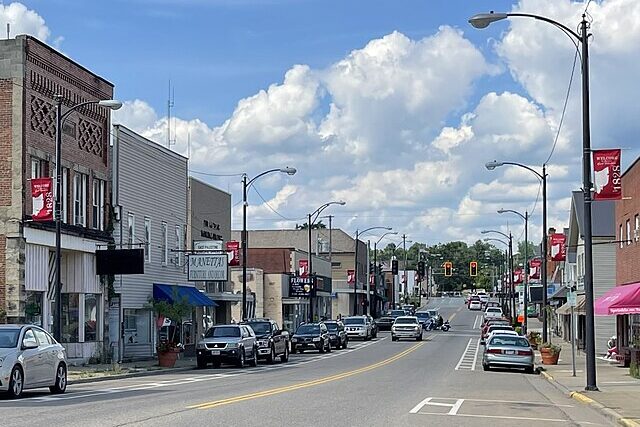
Starting us off is East Palestine, Ohio, where the name hides a little twist. Locals say “Pal-es-teen,” not “Pal-es-tyne,” which might catch newcomers by surprise. This subtle yet firm pronunciation is more than just a regional quirk, it’s a point of pride. Imagine visiting and confidently saying it wrong, only to be gently corrected by someone who knows the ins and outs of this close-knit Ohio community. The town itself is quiet and quaint, but its pronunciation tells you right away that you’re stepping into a place with strong local identity and a deep connection to its roots. It’s a neat reminder that sometimes, to really know a place, you have to listen closely.
2. La Jolla, California
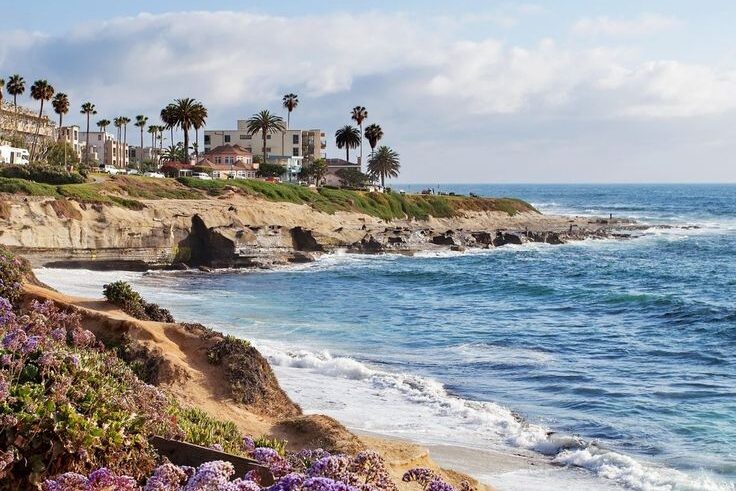
Finally for this round, La Jolla on the sunny California coast speaks Spanish through its “La HOY-uh” pronunciation. The soft “H” sound for the “J” catches many by surprise, especially visitors who might expect a harder “J” sound. It’s a little linguistic secret that connects the town to California’s Spanish colonial past. La Jolla’s name rolls off the tongue like a gentle ocean breeze, fitting perfectly with its picturesque beaches and relaxed vibe. Using the correct pronunciation feels like honoring the culture and history woven into the place, blending language and landscape in one smooth sound.
3. Worcester, Massachusetts
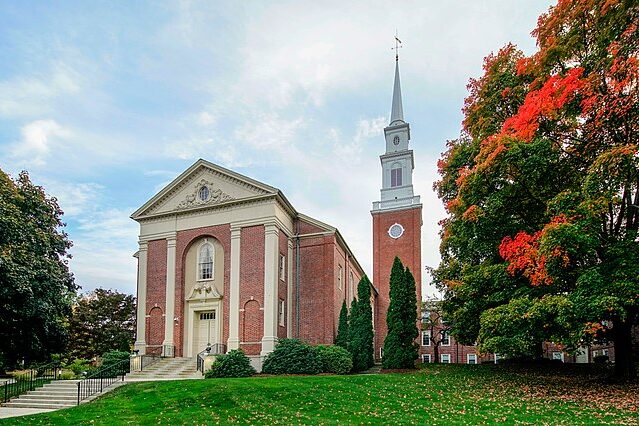
Worcester is famously tricky, reading it as “Wor-chester” trips up everyone on their first try. But locals keep it simple and sharp: “WUSS-ter.” Just two syllables cut short, like a friendly nod to anyone who’s learned the secret. This Massachusetts city’s pronunciation has become almost iconic, a shorthand that represents the city itself. It reflects New England’s unique linguistic charm, where history and community shape even the way names sound. Saying “Worcester” right is almost like a secret handshake, showing you belong to the inside crowd, or at least you’re on friendly terms with those who do.
4. Natchitoches, Louisiana
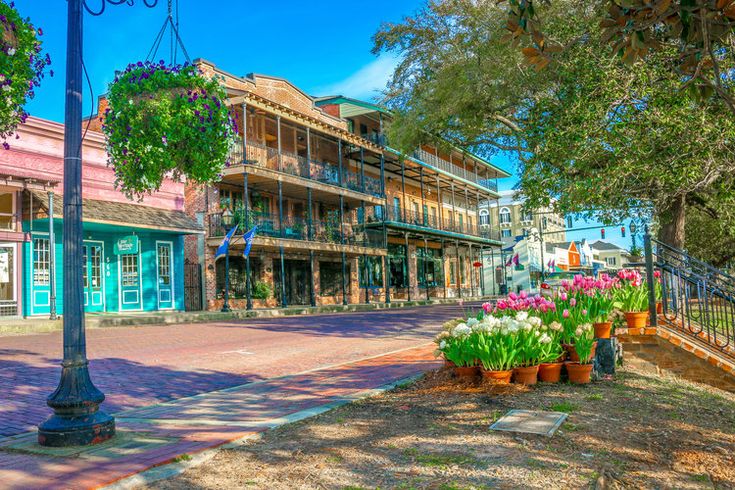
Natchitoches is a name that might slow your tongue down, but once you get it, it sticks with you. Pronounced “NAK-uh-tish,” this Louisiana town’s name is woven from rich Native American and French backgrounds, but sounds nothing like the spelling might suggest to an outsider. The mix of cultures over centuries created a unique way of saying the name that is lovingly preserved by locals. Visiting Natchitoches is like stepping into a storybook where language gently reminds you of the lands and peoples that shaped the South. Mispronounce it and you’ll get a correction, but say it right and you’ll share a small, special part of Louisiana’s history.
5. Boerne, Texas
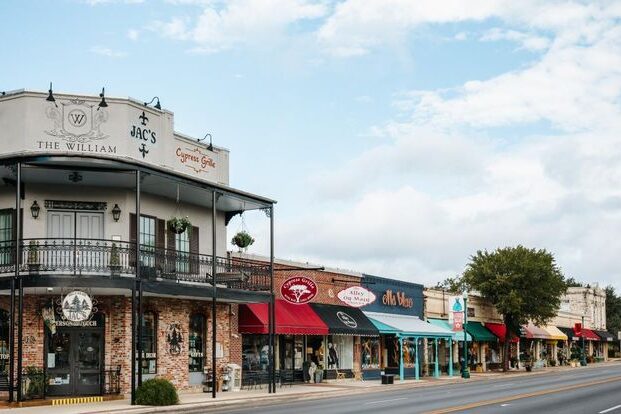
Next is Boerne, Texas, pronounced “BUR-nee.” This town’s heritage traces back to German immigrants, even though the name’s looks might make you guess otherwise. Boerne’s pronunciation offers a gentle nod to its roots while fitting snugly into Texas’s diverse cultural quilt. It’s a welcoming small town amid the Hill Country with a name that captures its blend of history and local character. When you say it right, you tap into the warmth of a community that embraces its immigrant past while confidently making its own mark. Boerne’s name reminds us how pronunciation can carry heritage forward, even far from where it began.
6. Des Moines, Iowa
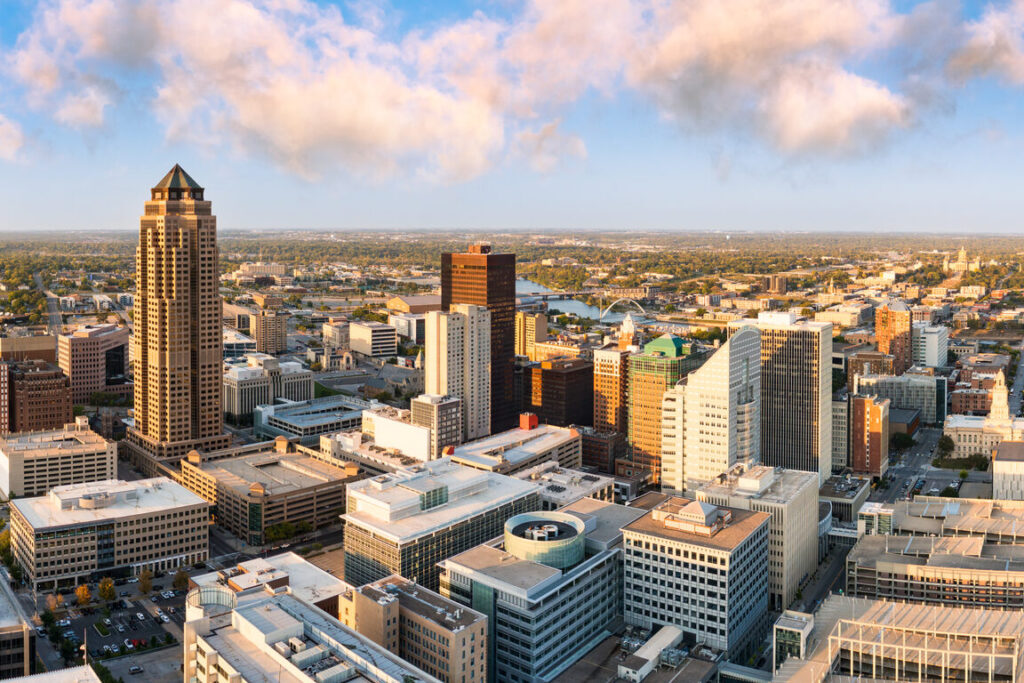
This name might look straightforward, but locals say “duh-MOYN,” dropping that final ‘s’ sound entirely. It’s one of those places where saying the name wrong immediately marks you as an outsider. Des Moines is the capital city of Iowa, and its name comes from French, meaning “of the monks.” The French influence plays into its unique pronunciation, which doesn’t sound much like the English spelling would suggest. Getting it right shows a bit of respect for the region’s heritage and the people who call it home.
7. Helena, Montana
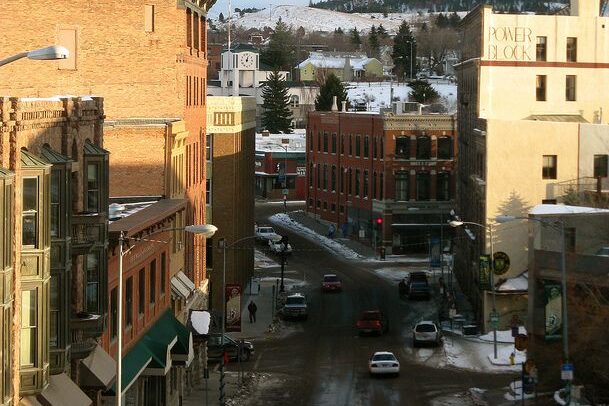
On first glance, Helena might tempt you to stress the middle syllable, saying “He-LAY-nuh.” But locals emphasize the first syllable: “HEL-uh-nuh.” It’s a subtle shift that can make a big difference if you’re meeting Montanans who are proud of their capital city. This little change in stress reveals how communities own their names and add character through simple but distinct pronunciation.
8. Puyallup, Washington
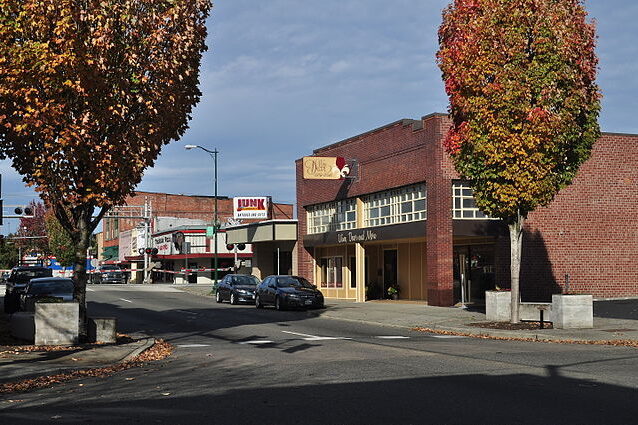
Here’s a tongue twister with a Pacific Northwest punch. Puyallup is pronounced “pew-AL-up,” and it’s known for the nearby tribe of the same name. The name comes from the Lushootseed language of the native people in the region. Say it too slowly or emphasize the wrong syllable, and it trips people up. The fast, almost sing-song local way of saying it carries history and a sense of place that tourists quickly learn to mimic.
9. Versailles, Kentucky
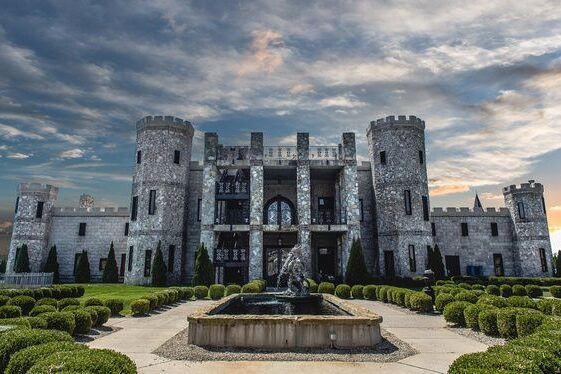
Not all American towns borrow French names without tweaking them. Versailles, Kentucky, is pronounced “Ver-SAYLES”, quite different from the French palace. Locals take pride in this homegrown twist, reflecting how American English adapts borrowed words and places to fit local identity. It’s a reminder that names aren’t just labels; they evolve and take on new life in communities across the country.
10. Cairo, Illinois
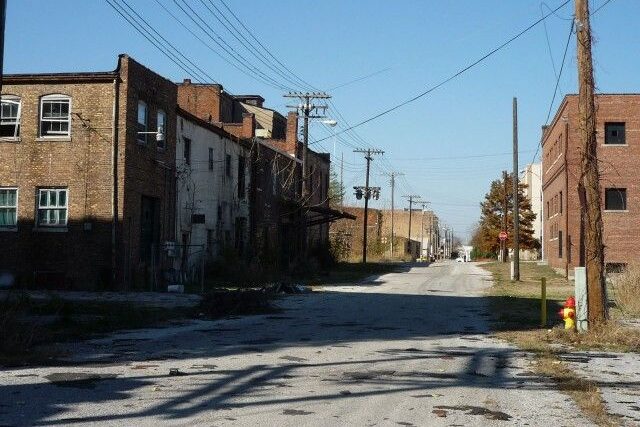
If you’re picturing the Egyptian capital and saying “KAI-ro,” think again for this small town in Illinois. Here, it’s called “KAY-ro.” This Midwestern shift in pronunciation adds a friendly, down-to-earth flavor that sets it apart. The name, while borrowed, is folded into the local way of speaking, making it uniquely American. It’s a great example of how place names across the U.S. often carry stories from elsewhere but gain fresh significance in their new settings.
11. Quincy, Massachusetts
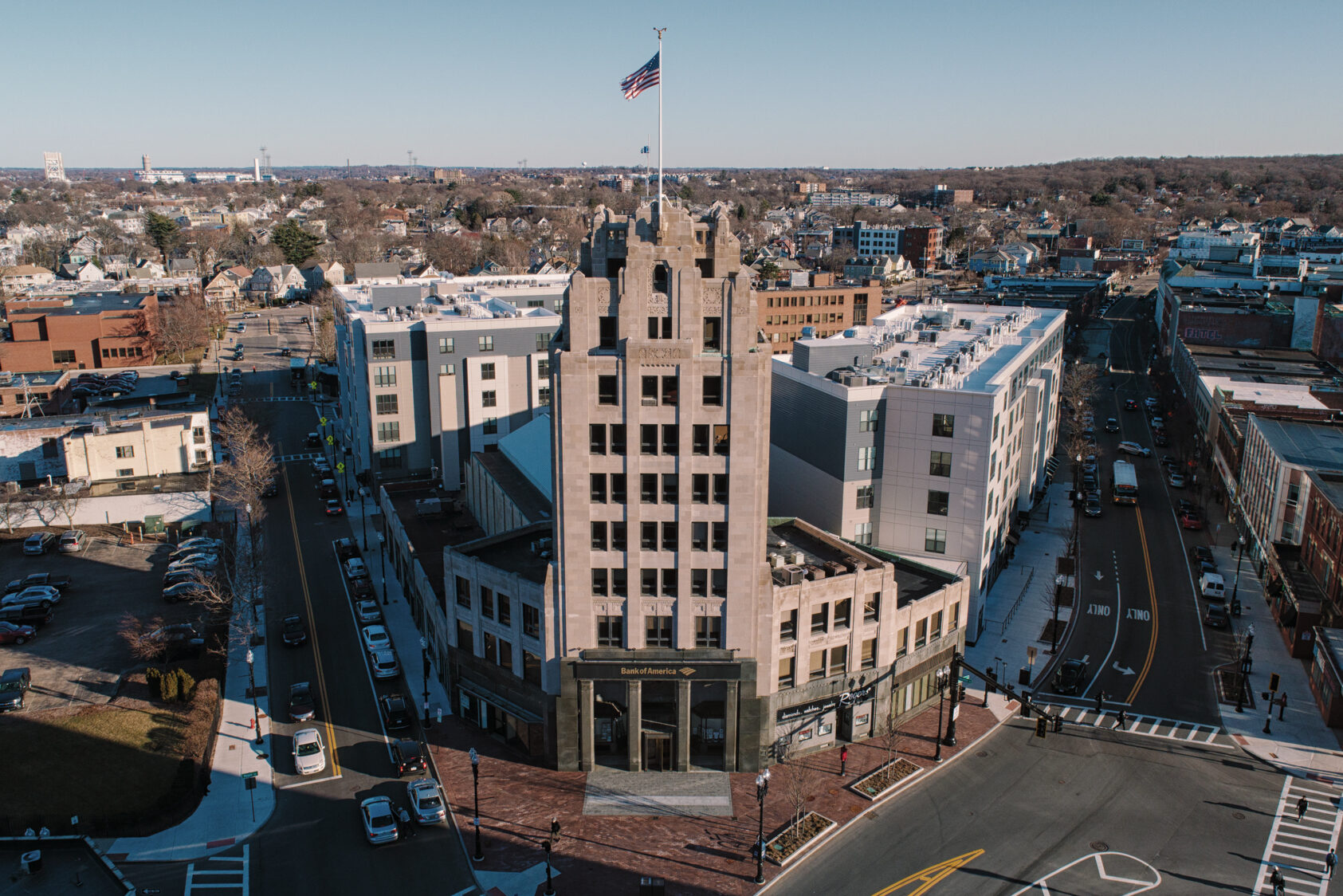
Quincy might look straightforward, but locals say “KWIN-zee,” not “KWINT-see” as many outsiders guess. Even GPS and newcomers often stumble on this one. Named after the influential Quincy family, including the second U.S. president John Quincy Adams, the city’s smooth pronunciation cuts through the silence as a badge of local identity. Saying it right can even spark a friendly nod from long-time residents who appreciate the small but clear distinction in sound. It’s a reminder that names carry pride, and sometimes just a slight tweak can reveal a place’s story better than any guidebook.
12. Nevada, Missouri
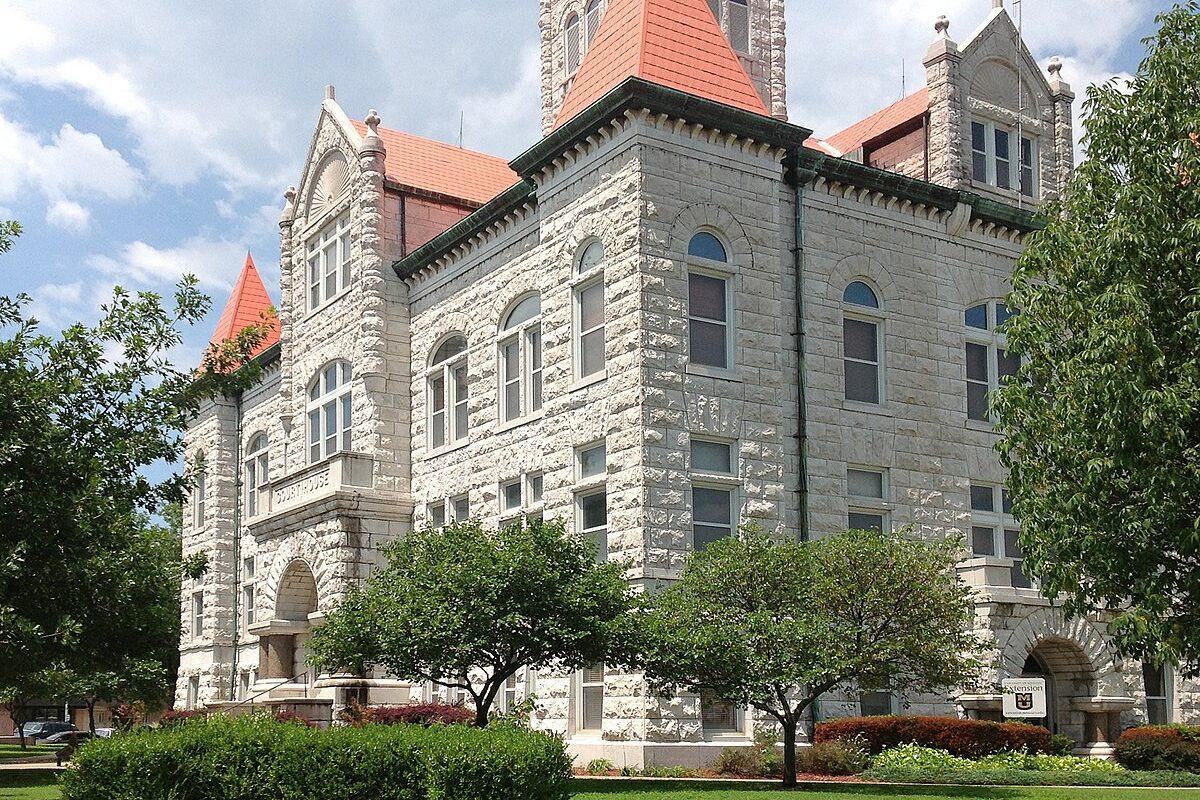
Don’t confuse this “Nevada” with the southwestern state with the same name. Here in Missouri, it’s “nuh-VAY-duh” instead of “nuh-VAD-uh.” This subtle vowel swap signals a whole different region and vibe. Founded in the 19th century, Nevada, Missouri, carries this pronunciation as part of its Midwestern charm. It underlines how the same name can grow in separate fertile soils, each taking on its own accent and personality. Knowing the right way to say it can open up conversations about local history and give you a glimpse into the layered landscape of American place names.
13. Schuylkill, Pennsylvania
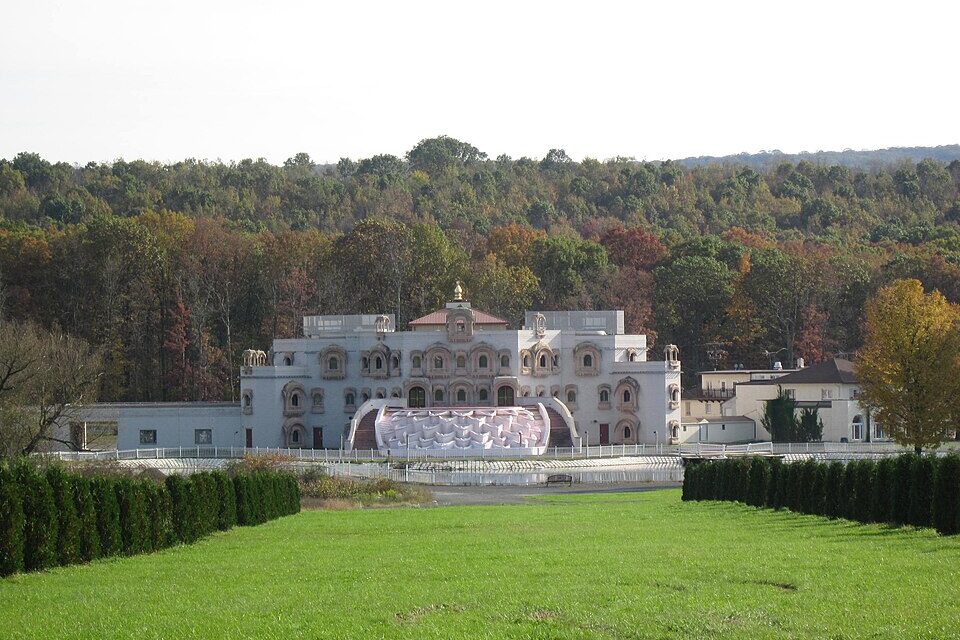
Schuylkill is one of those names that stops you in your tracks with its mix of letters. Locals say “SKOOL-kill,” steering clear of “SHOE-kill” or “Sky-ul-kill” guesses. The name is Dutch, meaning “hidden river,” and it belongs to a county and river in Pennsylvania steeped in colonial history. Pronouncing it correctly is a quiet nod to the immigrant roots that shaped the region, an acknowledgment of the mix that defines America itself. It’s one of those places where saying the name just right shows you’ve tuned into the local story, even if you’re visiting for only a short while.
14. Miami, Oklahoma
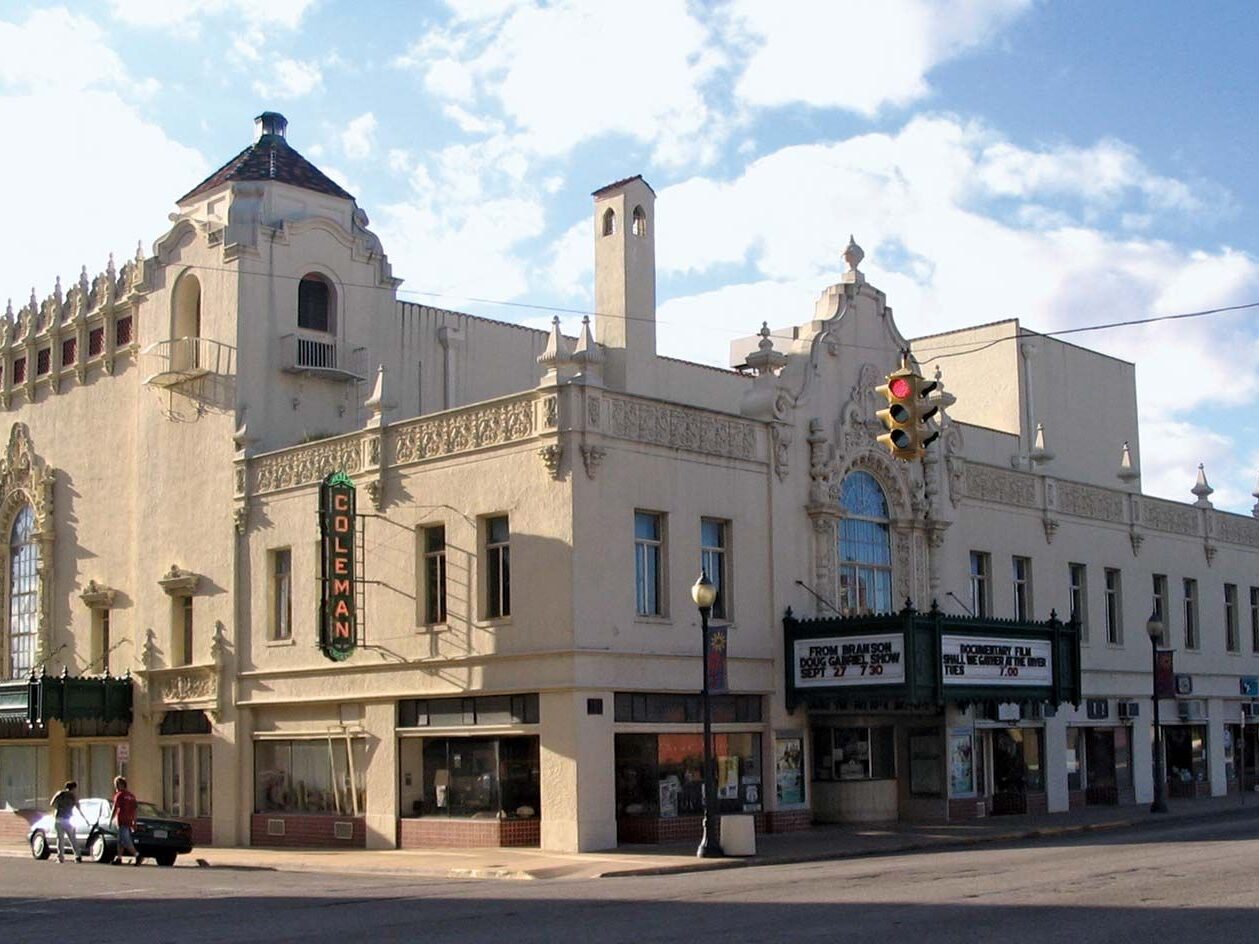
If you’re thinking “My-AM-ee” like Florida, Miami, Oklahoma, gently corrects that expectation. Here, it’s “My-AM-uh,” rolling off the tongue with a softer ending. This town’s name honors the Miami Tribe, original inhabitants of the region, preserving their legacy within its vowels. It’s a little linguistic cue that invites respect and curiosity about the people and history behind the word. For visitors and locals alike, saying it right feels like a small way to connect with the deeper roots of the land.
15. Lima, Ohio
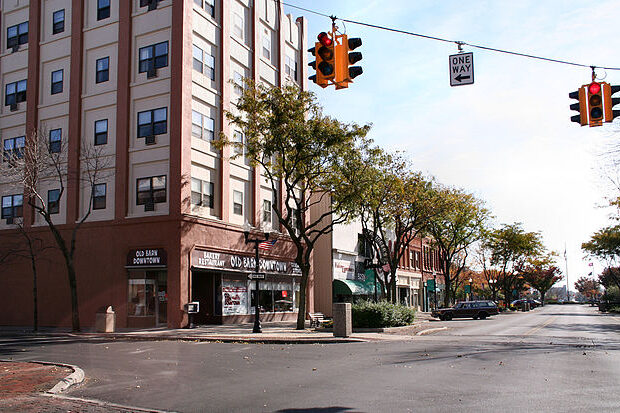
We close the list with Lima, Ohio, pronounced “LIE-muh,” not the Peruvian capital “LEE-ma.” This difference highlights how American towns often adapt names to their own rhythms, crafting local identities from borrowed words. Lima’s pronunciation wraps a Midwestern warmth around a name that, while shared with a faraway city, stands on its own here. It’s an example of how the same letters can carry different stories and sounds, reminding us that American place names have a playful, diverse life all their own.
This story 15 U.S. Towns That Sound Nothing Like They’re Spelled was first published on Daily FETCH


